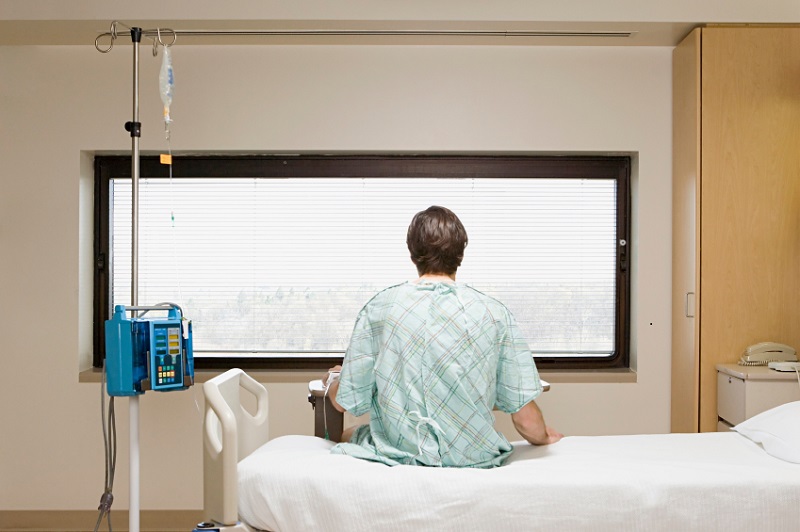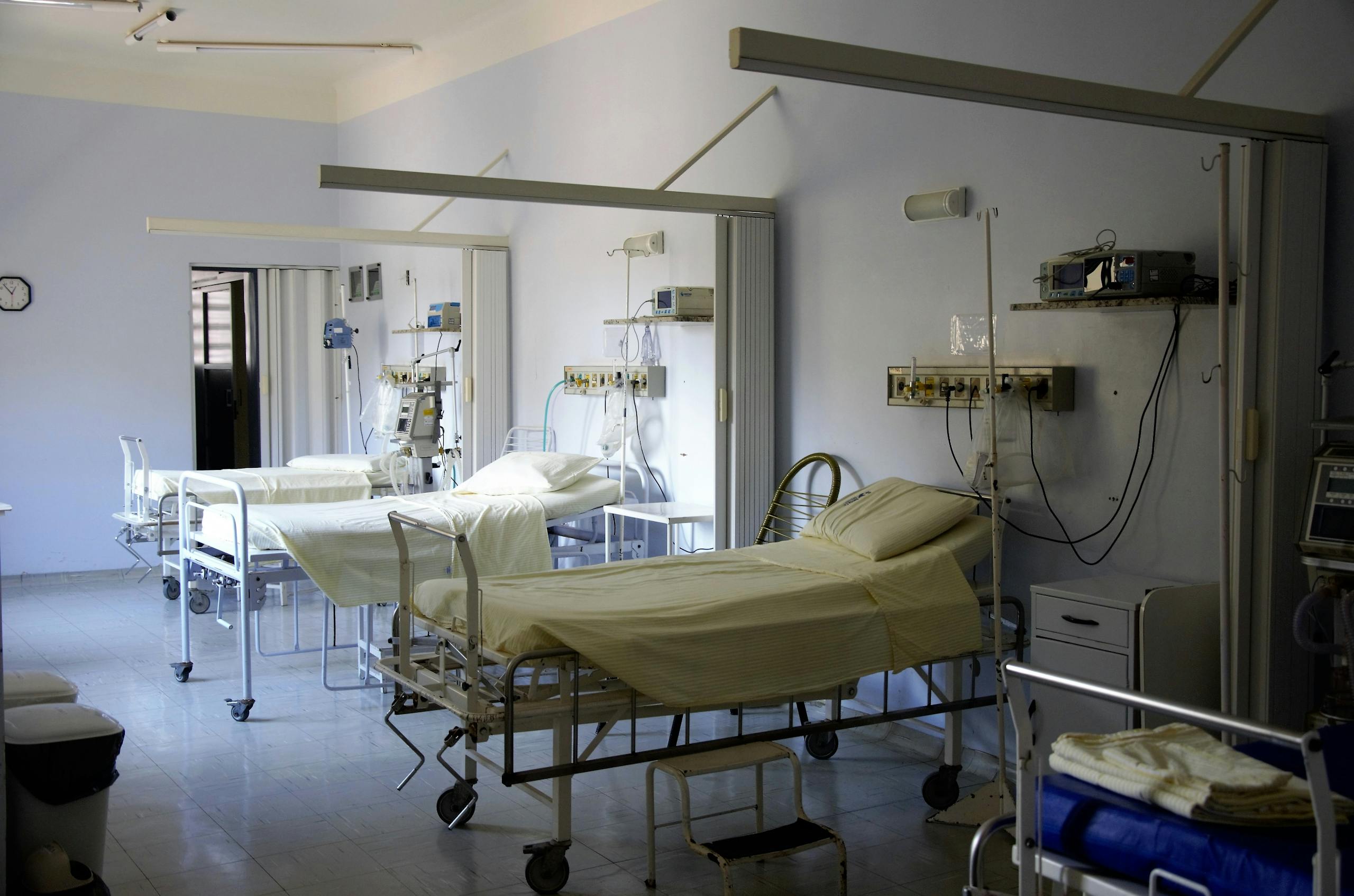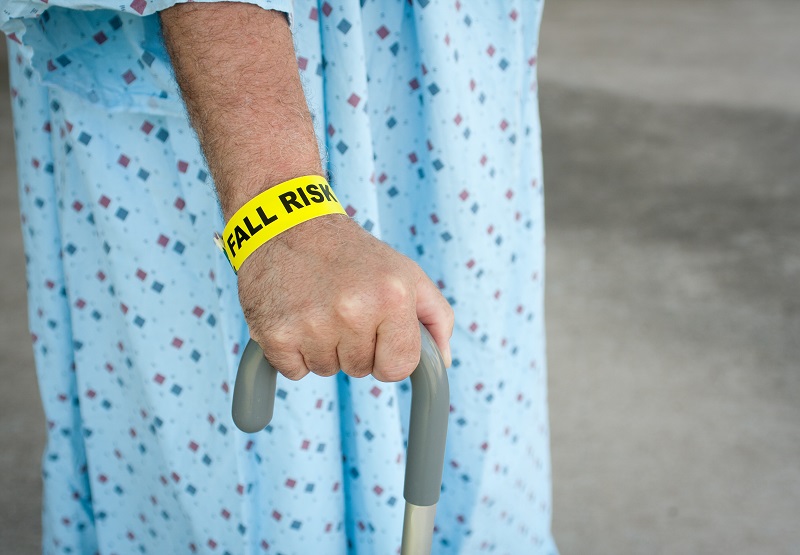
Florida Hospital Negligence Lawyer: Holding Hospitals Accountable for Patient Harm
Experienced Legal Representation for Victims of Preventable Errors in Hospitals, Emergency Rooms, and Clinics Across Florida.
When a Hospital Stay Leads to Unexpected Injury
When you are admitted to a hospital, you are at your most vulnerable. You and your family place your complete trust in the entire system of care – the doctors, nurses, technicians, and the hospital administration – to provide a safe environment and competent treatment. While most hospital visits are successful, preventable errors and systemic failures can and do occur, leading to devastating consequences for patients.
Hospital negligence is a form of medical malpractice that occurs when a hospital, as an entity, or its employees (doctors, nurses, staff) fail to meet the accepted standard of care, resulting in patient injury or death.
If you or a loved one has suffered serious harm due to a mistake or negligence during a hospital stay in Florida, you have the right to seek justice. Experienced Florida hospital negligence lawyer Lisa Levine is dedicated to investigating these complex cases and fighting for the rights of injured patients.
On This Page
Understanding Hospital Liability in Florida

While individual doctors can be held liable for their own negligence, hospitals can also be held directly or vicariously responsible for patient harm. A hospital may be liable for:
Common Types of Hospital Negligence
Negligence within a hospital setting can occur at any point during a patient’s stay. Some of the most common and serious forms of hospital errors include:
Failure in Patient Monitoring & Supervision: A Critical Form of Hospital Negligence
One of a hospital’s most fundamental duties is the continuous and vigilant supervision of its patients. A patient’s condition can change rapidly after surgery, during recovery from an illness, or in response to medication. The failure of hospital staff to properly monitor a patient and respond immediately to signs of distress is a serious and preventable form of negligence that can lead to catastrophic harm or death.
This “failure to rescue” can happen in several ways, and our firm knows how to investigate these critical lapses in care:
Proper patient supervision is not optional; it is a core component of the standard of care. If you or a loved one suffered a preventable injury in a hospital because a change in condition went unnoticed or was not acted upon in time, it may be due to negligent patient supervision. Lisa Levine has the experience to investigate these complex cases and hold hospitals accountable for such critical failures.
Emergency Room (ER) Malpractice in Florida

The fast-paced, high-stress environment of an emergency room is no excuse for negligence. ER doctors and staff are trained to handle urgent situations, but critical mistakes can still happen. Common ER errors include:
Are Nurses Liable for Hospital Negligence in Florida?
Yes. Nurses are on the front lines of patient care and play a vital role in patient safety. A nurse’s negligence can cause significant harm. Examples include:
When a nurse is a hospital employee, the hospital can typically be held vicariously liable for their negligence.
Proving Negligence in a Hospital Malpractice Case
To succeed in a hospital negligence claim in Florida, we must prove that the hospital or its staff breached the accepted standard of care, and this breach directly caused your injuries and damages. This complex process involves:
Proven Results in Medical Malpractice & Failure to Diagnose Cases
jane doe
v. surgeon and hospital
Following a laminectomy where she sustained an intraoperative injury, Jane Doe (66) developed immediate CES signs. A hematoma was untimely diagnosed, and surgery to evacuate it occurred 4 days post-op, leaving her with permanent severe pain, gait issues, saddle anesthesia, and bowel/bladder dysfunction.
estate of john doe
v. hospital
Our client, a 40-year-old father of 2 minor children, entered the hospital for pain management because of kidney stones. He was given Demerol for pain management. Demerol is a respiratory suppressant and the patient needs to be monitored closely. He died within 24 hours due to hospital’s failure to monitor the patient.
Disclaimer: Past results do not guarantee future outcomes. Every case is unique.
Why Choose Our Florida Hospital Negligence Attorney?
Hospitals and their large insurance companies aggressively defend against malpractice claims. You need an attorney with the experience and determination to level the playing field. Families across Florida choose Lisa S. Levine, P.A. because:

Compensation for Hospital Errors in Florida
If you were harmed by hospital negligence, you may be entitled to recover compensation for:
Additional Medical Expenses
– Costs for corrective surgeries, extended hospital stays, rehabilitation, and future care.
Loss of Enjoyment of Life
– If your injuries prevent you from participating in activities you once loved.
Wrongful Death Damages
– If hospital negligence led to the loss of a loved one.
Pain and Suffering
– For the physical pain, emotional trauma, and distress caused by the hospital’s error.
Lost Wages and Diminished Earning Capacity
– For time missed from work and long-term impact on your career.
Frequently Asked Questions About Hospital Negligence Claims
Get Help from an Experienced Hospital Negligence Lawyer
If you or a family member has suffered due to the negligence of hospital staff in Florida, do not wait to take action. Contact Lisa S. Levine, P.A. to protect your rights and explore your legal options.
Your initial consultation is free and completely confidential. We are here to listen to your experience, review your case, and explain how we can fight for the justice and compensation you deserve.
